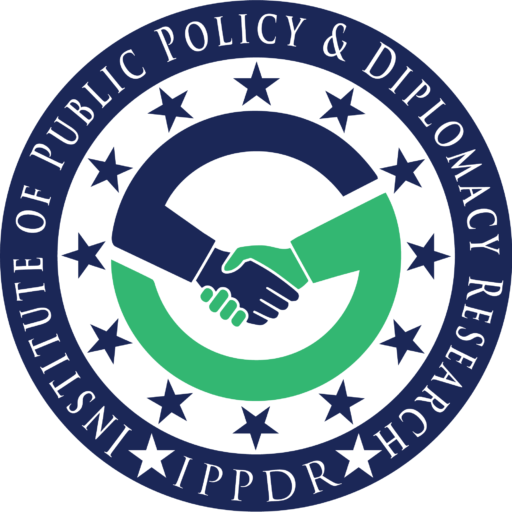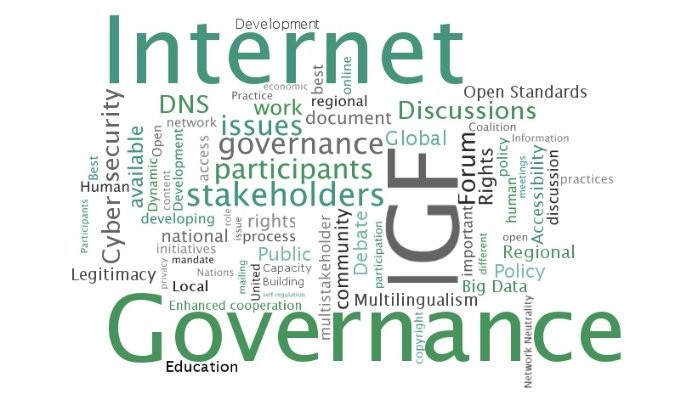Navigating Internet Governance: Addressing Global Challenges and Pursuing Sustainable Development Goals
The Internet has become an essential tool for achieving sustainable development goals (SDGs). The United Nations (UN) recognizes the importance of the Internet in achieving the SDGs and convenes the Internet Governance Forum (IGF) annually to bring together stakeholders to discuss current and emerging Internet governance issues, as well as related opportunities and challenges in an open, inclusive, and transparent manner. The IGF is recognized as the widest-reaching international multi-stakeholder policy forum on Internet governance1.
The Role of Internet Governance in Sustainable Development Goals
The IGF has enhanced the linkages between the Internet and sustainable development. The consensus at the 10th IGF underscored the contribution of Information Communications Technologies (ICTs) and the Internet to the achievement of the recently adopted 2030 Agenda for Sustainable Development2. Goal 9 of the agenda sets an ambitious target to “significantly increase access to information and communications technology and strive to provide universal and affordable access to the Internet in least developed countries by 2020”2.The IGF 2016 Main Session assessed the role of Internet Governance in the Sustainable Development Goals3. The session aimed to exchange views on how the Internet can foster development and how to connect the 53% of the world’s population who are still not online1. The session highlighted the importance of the Internet in achieving the SDGs, including poverty reduction, education, health, gender equality, and environmental sustainability3.
Internet Governance and Sustainable Development: Towards a Common Agenda
The International Institute for Sustainable Development has published a paper titled “Internet Governance and Sustainable Development: Towards a Common Agenda” to facilitate a discourse around linkages among the issues considered under the Internet governance and sustainable development4. The goal of the paper is to identify the key issues that need to be addressed to ensure that the Internet is used to promote sustainable development.
As of 2021, the internet penetration rate in Africa stood at around 43%, which is below the global average of 66%.5 However, between 2019 and 2021, internet use in Africa jumped by 23%.6 The number of people connected to the internet in Africa doubled to 28% over the last eight years.7The internet penetration rate varies by country in Africa. South Africa has the highest internet penetration rate at 68.2%, followed by Tunisia at 66.7%, Mauritius at 64.9%, and Gabon at 62%.9 In Nigeria, there were 109.2 million internet users in January 2022, while in Egypt, there were 75.66 million internet users in the same period10.Despite the growth in internet use, there is still a coverage gap of over 840 million people in Africa who do not have access to the internet7. Expensive internet also hinders investor activity in some African countries8.
According to a new report, Asia now accounts for about half of all internet users in the world12. The internet penetration rate in Asia was 67.4% in 2022, which was more than double the internet penetration rate in Asia in 201113. The Asia-Pacific region has the highest number of internet users in the world, being the most populated region worldwide14.Internet usage in Southeast Asia increased with 40 million new users added in 2021 for a total of 440 million, up from 360 million in 201914. From the year 2000 to 2023, the usage of the internet increased by 1,355%, and in 2023, Asia continues to account for the majority of internet users15.
According to the World Bank, only about 35% of the population in developing countries has access to the internet, compared to about 80% in advanced economies16. However, the global online access rate was 66% in 202217. The total number of internet users in the world is estimated to be between 4.3 billion to 5 billion active users18.Asia accounts for about half of all internet users in the world19. In Africa, the internet penetration rate stood at around 43% in 2021, which is below the global average of 66%20.
Conclusion
The Internet can play a key role in achieving the Sustainable Development Goals. The IGF provides a platform for stakeholders to discuss current and emerging Internet governance issues, as well as related opportunities and challenges in an open, inclusive, and transparent manner. The IGF has enhanced the linkages between the Internet and sustainable development, and consensus has underscored the contribution of ICTs and the Internet to the achievement of the recently adopted 2030 Agenda for Sustainable Development.
References:
- IGF 2016 Main Session: Assessing the role of Internet Governance in the Sustainable Development Goals (SDGs)
- Internet can play key role in achieving SDGs, officials say at IGF opening | UN DESA
- 10th Internet Governance Forum enhances the linkages between the Internet and sustainable development – the United Nations
- Internet Governance and Sustainable Development: Towards a Common Agenda – International Institute for Sustainable Development
- Internet usage in Africa – statistics & facts – Statista
- Internet penetration in Africa January 2022, by country – Statista
- Internet in Africa – Wikipedia
- The Internet Society Pledges to Expand Internet Access in Africa
- As Africa’s digital economy grows, expensive internet hinders investor activity in some countries | TechCrunch
- 10 African countries that have the most number of internet users in 2022
- 3 trends driving the Asia internet boom, including Singapore & Indonesia – Tech Wire Asia
- Internet usage grows in Southeast Asia | Opportimes
- Internet penetration rate Asia 2010-2022 – Statista
- Key Internet Statistics in 2023 (Including Mobile) – BroadbandSearch
- Internet usage in the Asia-Pacific region – statistics & facts – Statista
- Global internet access rate 2005-2022, by market maturity – Statista
- Global Internet usage – Wikipedia
- Connecting for Inclusion: Broadband Access for All – World Bank
- List of countries by number of Internet users – Wikipedia
- 3 trends driving the Asia internet boom, including Singapore & Indonesia – Tech Wire Asia
- Internet usage in Africa – statistics & facts – Statista


1 Comment
Join the discussion and tell us your opinion.
Have you ever considered about adding a little bit more than just
your articles? I mean, what you say is fundamental and everything.
But imagine if you added some great graphics or video clips to
give your posts more, “pop”! Your content is excellent
but with pics and videos, this site could certainly be one of the very best in its field.
Good blog!